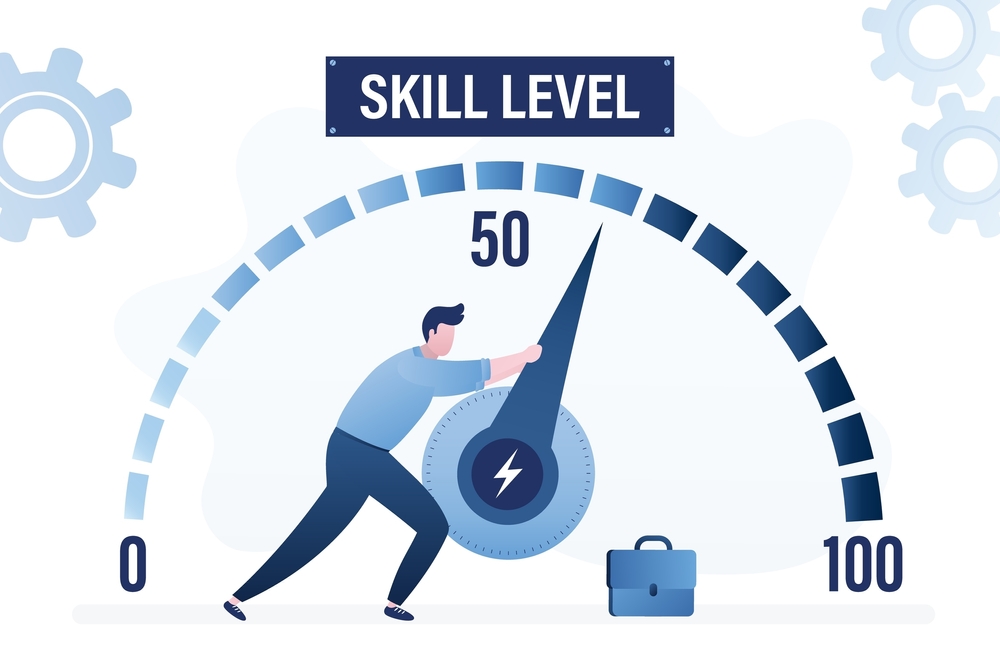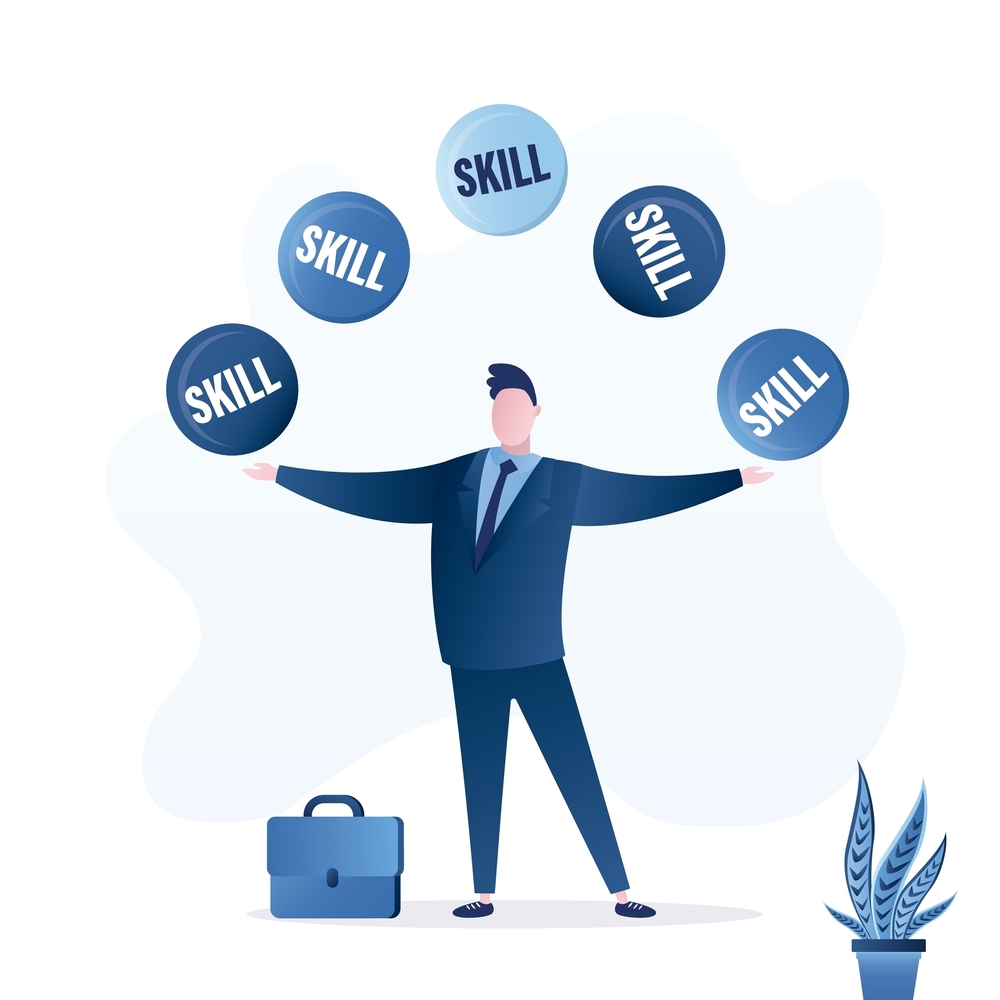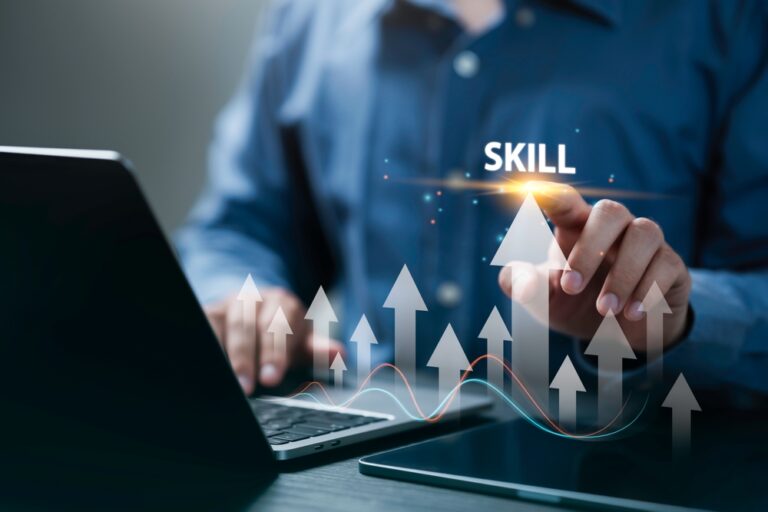“The Science Behind Effective Learning: How to Boost Your Skills”
Introduction
Learning is a crucial part of life, whether you’re in school or learning a new skill. But have you ever wondered why some people seem to learn faster than others? There’s actually a science behind how we learn, and understanding it can help you become a more effective learner. In this guide, we’ll explore how learning works and share some simple tips to help boost your skills.
Outline
- Introduction to Learning
- The Science Behind Learning
- How the Brain Learns New Things
- Role of Memory in Learning
- Techniques to Boost Learning Skills
- Active Learning vs. Passive Learning
- Importance of Spaced Repetition
- Using Visualization and Mnemonics
- Teaching Others to Learn Better
- Creating a Productive Learning Environment
- Top Learning Strategies for Grades
- FAQs
- Conclusion
Introduction to Learning
Learning is not just about reading books or listening to lectures. It’s about understanding, remembering, and applying new knowledge. Whether you’re preparing for exams, mastering a hobby, or learning new information for fun, the way you approach learning can make all the difference.

The Science Behind Learning
How the Brain Learns New Things
When you learn something new, your brain creates connections between neurons, known as synapses. The more you practice or review information, the stronger these connections become. This process is called neuroplasticity, and it helps your brain adapt and grow over time.
Role of Memory in Learning
Memory plays a significant role in learning. There are two main types of memory involved:
- Short-term memory: Information stays here for a few seconds or minutes. It’s like a temporary storage space.
- Long-term memory: This is where information is stored for the long term. Repeating and practicing information helps transfer it from short-term to long-term memory, making it easier to recall later.

Techniques to Boost Learning Skills
Active Learning vs. Passive Learning
Active learning is when you actively engage with the material. This can include:
- Taking notes
- Asking questions
- Solving problems
- Summarizing what you’ve learned
On the other hand, passive learning involves receiving information without actively engaging with it. Simply listening to a lecture or reading without interacting with the content makes it harder to retain information.
Tip: To boost your learning, always aim for active learning. You can quiz yourself, write summaries, or explain the topic to someone else.
Importance of Spaced Repetition
Spaced repetition is a powerful technique that involves reviewing material at spaced intervals. Instead of cramming all the information at once, review it over a period of days or weeks. This helps to strengthen your memory and improves retention.
Tip: Use apps like Anki or Quizlet for spaced repetition to help with studying for exams.
Using Visualization and Mnemonics
Visual aids and mnemonics are great tools to help you remember complex information. Mnemonics are memory aids that help you recall information through associations. For example, you can use the acronym ROYGBIV to remember the colors of the rainbow.
Tip: Create diagrams, charts, or mental images to make learning more fun and easier to remember.

Teaching Others to Learn Better
One of the best ways to understand something deeply is to teach it to someone else. When you explain a concept, you’re forced to break it down into simpler terms, which helps solidify your understanding.
Tip: Study with a friend or family member and take turns explaining topics to each other.
Creating a Productive Learning Environment
Your learning environment plays a big role in how well you can focus and retain information. Here are some tips to create an ideal study space:
- Find a quiet spot: Choose a space where you won’t be disturbed by noise or distractions.
- Keep it organized: A cluttered desk can distract you. Keep your study area clean and tidy.
- Use good lighting: Natural light is best, but a good lamp works too.
- Take breaks: It’s important to rest your brain to prevent burnout. Use the Pomodoro technique, where you study for 25 minutes and take a 5-minute break.

Top Learning Strategies for Grades
1. Set Clear Goals
When you sit down to study, have a clear goal in mind. Instead of saying, “I’ll study science today,” break it down into smaller tasks like “I’ll review the chapter on plants.”
2. Break It Down
Break down big topics into smaller, manageable pieces. This makes studying less overwhelming and helps with understanding.
3. Stay Consistent
Consistency is key. Try to study at the same time every day. This helps train your brain to focus better.
4. Test Yourself
Regular quizzes or self-tests are an excellent way to reinforce learning. After studying a topic, test yourself without looking at the notes to see how much you’ve retained.
5. Get Enough Sleep
Sleep is crucial for memory consolidation. Make sure to get at least 8 hours of sleep to help your brain process and store the information you’ve learned.
For more detailed learning techniques, check out this guide on effective learning strategies.
FAQs
Q: What is the best way to remember what I’ve learned?
A: One of the best ways is to use spaced repetition, which involves reviewing material at increasing intervals. Active learning methods like teaching others or using flashcards also help improve memory retention.
Q: How can I stay focused while studying?
A: Create a distraction-free environment, set specific study goals, and use techniques like the Pomodoro method, where you study in focused bursts of time with breaks in between.
Q: How does sleep affect learning?
A: Sleep is vital for memory consolidation, which means your brain processes and stores the information you learned during the day while you sleep. Lack of sleep can impair your ability to remember and learn new things.
Q: Is it better to study alone or in a group?
A: Both methods have their advantages. Studying alone helps you focus deeply on the material, while studying in a group can offer different perspectives and the opportunity to teach and learn from others.
Conclusion
Learning is not just about memorizing facts; it’s about understanding and applying knowledge. By using techniques like active learning, spaced repetition, and teaching others, you can significantly boost your learning skills. Whether you’re studying for an exam or learning a new hobby, these tips will help you become a more effective learner.
Remember, learning is a lifelong journey. Stay curious, stay consistent, and you’ll see your skills improve over time!




